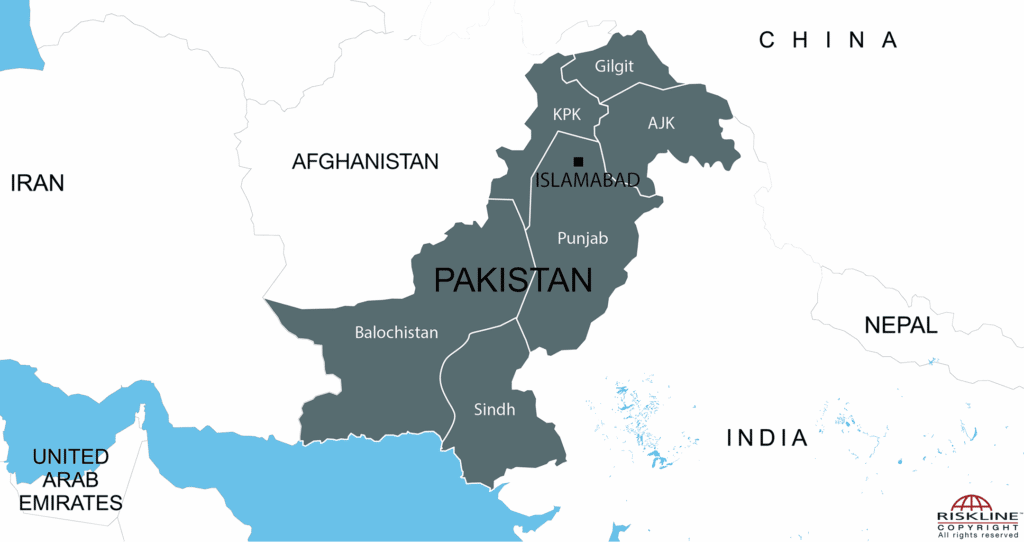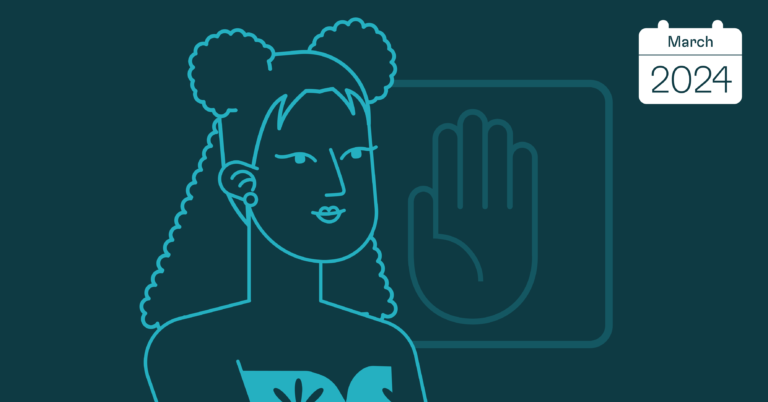On 8 July, the Supreme Court (SC) sentenced Nawaz Sharif, former prime minister and ex-leader of the ruling Pakistan Muslim League-Nawaz (PML-N) party and his daughter Maryam, a prominent PML-N member, to ten and seven years in prison, respectively on corruption charges. The SC verdict followed a high-profile corruption scandal that damaged the PML-N’s public image ahead of Pakistan’s 25 July general elections, which are expected to be closely contested between the PML-N and the opposition Pakistan Tehreek-e-Insaf (PTI) and Pakistan Peoples Party (PPP) in a country with 106 million registered voters. PML-N’s lead candidate is Nawaz’s brother Shehbaz Sharif, while PTI is led by Imran Khan and PPP by Bilawal Bhutto Zardari. Despite completing its term with some notable achievements to boost the economy, the PML-N’s recent misfortunes involving its former leader and the ensuing high rates of party defections that have followed are expected to lead to a weak performance by the party in the 25 July general elections.
Under the leadership of Nawaz Sharif, the PML-N won the 2013 general elections by promising to tackle endemic corruption among politicians and revive an ailing economy, factors which had bruised the reputation of the previous PPP-led government headed by Bilawal’s father Asif Ali Zardari. Under the PML-N regime, Pakistan’s GDP rose from 3.5 percent in 2013 to 5.7 percent in 2016, as the government focused on increasing foreign investments in infrastructure projects and increased funding for small and medium enterprises. On the back of these achievements, Nawaz’s public approval rating hit 63 percent by early 2016, according to a survey by the American research firm International Republican Institute (IRI).
However, endemic corruption in politics soon plagued the PML-N. In April 2016, papers leaked by a Panama law firm linked Nawaz’s family to illegal offshore accounts. Subsequent investigations revealed that Nawaz failed to disclose some of his income sources in the 2013 election nomination papers. On 28 July 2017, Nawaz resigned as prime minister after the SC disqualified him from politics, less than a year before the end of his term. The Panama Papers scandal resulted in several anti-government protests between April 2016 and March 2018, with the public approval rating for the PML-N dipping from 60 percent in February 2017 to 33 percent by March 2018, according to Gallup. The loss of cohesion within the PML-N party became apparent in early 2018 after several PML-N senior members publicly condemned Nawaz’s involvement in the party campaign, with some supporting PML-N’s interim Prime Minister Shahid Khaqan Abbasi as their preferred candidate, even after former Punjab chief minister Shehbaz was elected as PML-N president in February 2018.
The opposition PTI and PPP parties have undoubtedly benefited from the PML-N’s recent problems. The PPP is the largest opposition party in the National Assembly, while PTI has remained the third largest party. To date in 2018, around 14 PML-N members from the Punjab Assembly defected to the PPP while 21 others joined the PTI, weakening the PML-N’s position in its traditional stronghold, Punjab, Pakistan’s most populous province. Furthermore, the PTI has formed alliances with newly emerged Sunni religious political parties – the Muttahida Majlis-e-Amal (MMA) and Pakistan Sunni Tehreek (PST) – while dozens of members from the Muttahida Qaumi Movement-Pakistan party and Pak Sarzameen Party (PSP) have joined the PPP, giving considerable gains to the PTI and PPP in the largest four provinces of the country – Punjab, Sindh, Balochistan and Khyber-Pakhtunkhwa.
Yet, it remains to be seen if the two main opposition parties can fully capitalise on these gains to defeat the PML-N in the 25 July polls, as the PTI and PPP have their own problems . The SC is currently investigating PTI Chairman Khan’s wealth, following allegations of illegal sources of foreign income. This case alone could deter those voters disgruntled with government corruption from electing the PTI as their next government. On the other hand, PPP leader 29-year-old Bilawal is viewed as a less experienced politician when compared with the other two prime ministerial candidates, having entered politics only in late 2012. Bilawal’s leadership has been overshadowed by his father, Asif Ali, who was expected to be the party’s lead prime ministerial candidate until early 2017, before being involved in a money laundering case which pushed party members to nominate Bilawal as their candidate.
Furthermore, violent attacks by militants opposed to democratic elections targeted opposition Balochistan Awami Party and Awami National Party (ANP) events killing 170 people on 10-13 July in Balochistan and Khyber-Pakhtunkhwa provinces, regions where the PPP and PTI recently made significant gains. These attacks, which have the potential to be repeated ahead of and during the elections, may also play a role in reducing voter turnout in the opposition strongholds and deprive the PPP and PTI of those crucial votes needed to defeat the PML-N.
A pre-election survey by Gallup showed that the political race between the PML-N, PTI and PPP parties was extremely close and far from a foregone conclusion. Regardless of the outcome, Pakistan will get a new prime minister, solving the country’s political crisis that emerged with Nawaz’s exit from politics a year ago. The country’s powerful military, which in past toppled weak regimes to establish its own rule, has promised not to interfere in the forthcoming elections and would instead focus on enhancing security measures. Pakistan’s next prime minister will have to work closely with other political groups including newly emerged religious parties like the MMA, PST and PSP, who seek the implementation of pan-Islamism policies at a national level to achieve strong governance, and tackle the long-standing issue of high-level corruption to improve the country’s long-term political stability.















